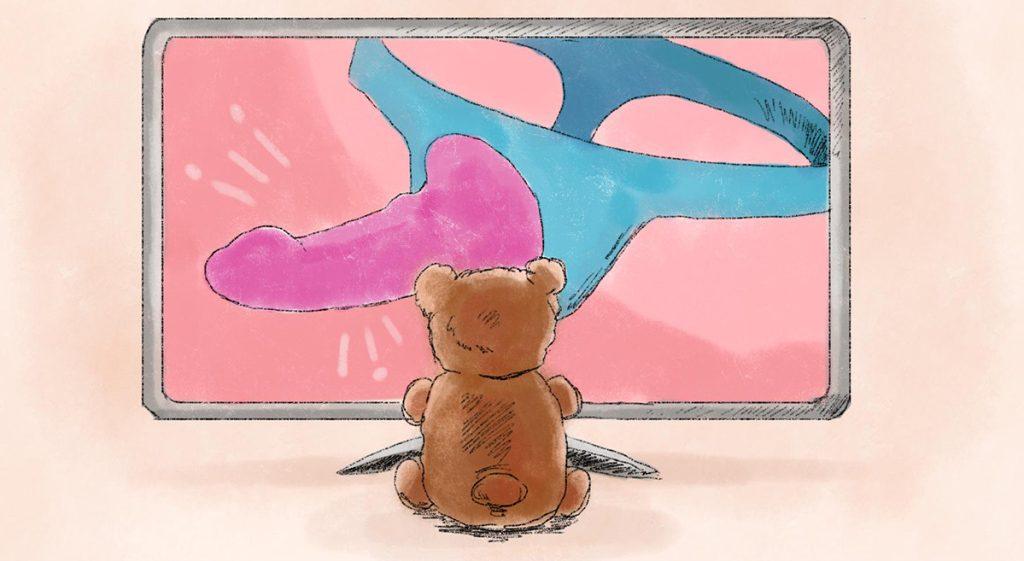[ad_1]
Allowing for youngsters to observe age-inappropriate articles with adult supervision is not the parental no-no we imagine it is, but a probability for moms and dads to educate their young ones on significant troubles children’s shows normally are unsuccessful to deal with.
Information rankings them selves are inaccurate and out-of-date, grading material by matters like profane language and suggestive articles, items more mature youngsters will inevitably turn into uncovered to, regardless of whether through demonstrates, on-line, or from a peer.
What’s deemed ideal written content is subjective. In 2017, YouTube’s restricted mode—which permits users to limit videos centered on age appropriateness—blocked LGBTQ content material from users. Children’s reveals them selves can be flawed, as a recent research reveals young ones displays inaccurately mirror soreness skilled in day to day lifestyle.
As it becomes much more widespread for youngsters to have their very own know-how, accidentally stumbling upon an inappropriate website or YouTube online video isn’t just a likelihood, but a chance. Fairly than shutting down discussions about subject areas like intercourse and masturbation, it’s essential that mom and dad tackle them head-on, equally to lessen stigmatization and be certain their children are acquiring exact data.
Tv demonstrates with PG-13 and over ratings offer the fantastic jumping off level for addressing these difficulties. Demonstrates can support convey about organic conversation and give kids space to talk to thoughts about what they are viewing. This is particularly crucial for challenges like LGBTQ articles and menstruation, in addition to intercourse.
Preventing conversations about these problems only pushes kids not to converse about them and presents the detrimental idea that there’s something “wrong” with menstruating, obtaining sex, or becoming part of the LGBTQ community—ideas that will have into their adolescence and adulthood.
These are all pure procedures no just one need to experience ashamed of. The taboos bordering them are outdated, and if we want to dismantle them, we should seem to educating youthful generations completely and early to do so.
In the future, on line and tv content aimed towards children need to look to be extra academic about the troubles that make any difference, fairly than dumbing down content or presenting the identical “golden rules” we have been mastering considering the fact that we were born.
In kids’ most formative decades, parents have to lean into discussions that could possibly at first experience not comfortable, not just for the sake of schooling but to demonstrate young ones they can and should be able to brazenly chat about standard experiences they’ll inevitably confront.
This is not the 1970s. Menstruation and sexuality will only remain taboo if we let them.
—Journal Editorial Board
[ad_2]
Source website link


